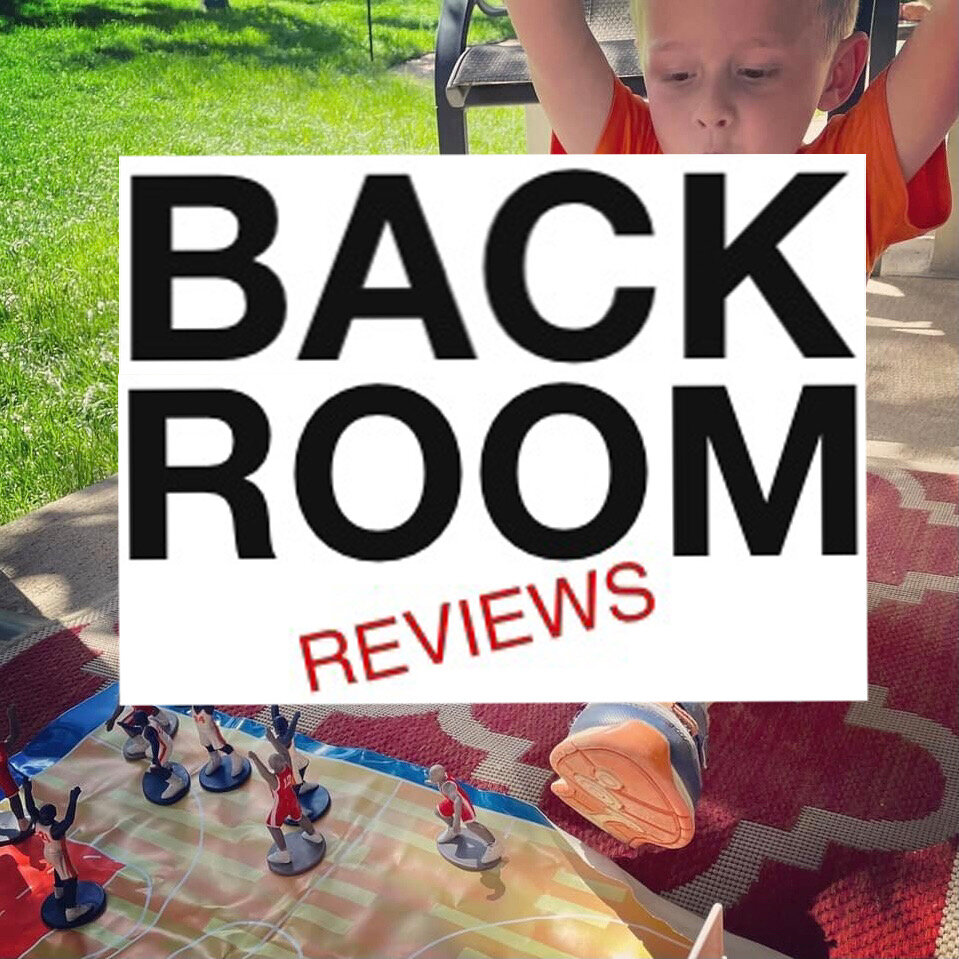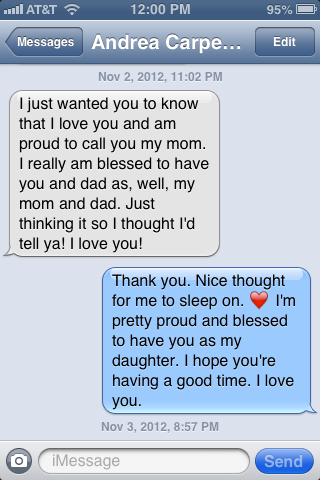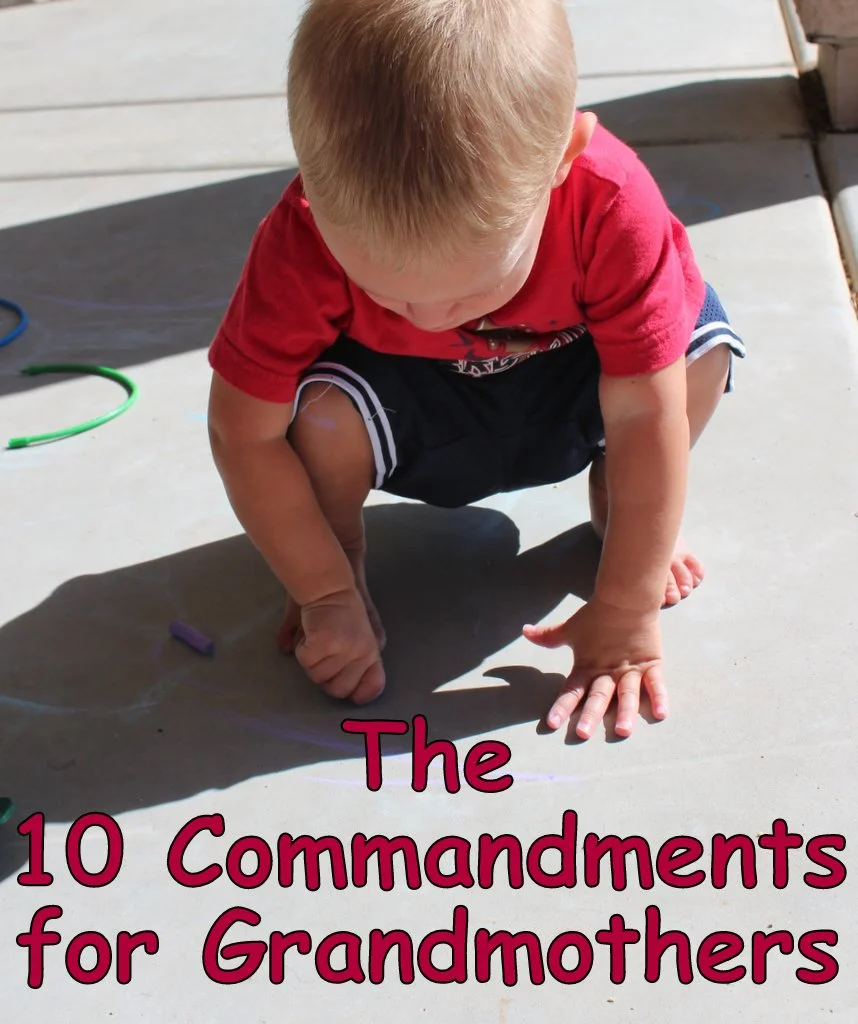How to write a keepsake letter to a grandchild
/Considering the proliferation of techy ways grandparents can now keep in touch with grandkids, it takes — for many of us — a fair amount of intention and forethought to actually create a handwritten letter for those little ones we love so much.
It takes motivation, too, and motivations are a plenty this time of year, considering the upcoming season of special occasions. Spring and summer are filled with graduations — from kindergarten through college — as well as pending departures to college, weddings, relocations and more.
Plus, regardless of season, there are always newborn grandbabies we want to commemorate with a letter for the baby book. There also are siblings of those newborns, to whom we want to express our love as they lose their only-child status and gain big brother or big sister status, and various special accomplishments and achievements for which we want to express our pride and delight.
The reasons for writing to a grandchild are many, yet it's apparent by the high number of "How to write a letter to a grandchild" search queries that lead folks to Grandma's Briefs that many grandmothers are anxious about putting pen to paper and letting loose with their sentiments. In light of those searches, today I offer some tips to help grandmothers (and others) do exactly that.
Choose paper that's representative of you and of fairly heavy stock. Perhaps that means a flowery stationery, maybe monogram letterhead, possibly just an ivory sheet of paper. Be sure to have a pen that glides comfortably for you, as well. (Fluorescent pink ink optional!)
One note before beginning: If you prefer using a word-processing application when writing your thoughts, first compose your letter in the application, then print for copying by hand onto the paper you intend for the special letter.
Consider what you most want to convey. Are you writing to welcome the babe to your world? Congratulate the child on an accomplishment? Comfort him or her during a rough time? You don't need to know exactly what you're going to say at the outset, only the reason you're reaching out and a general idea of what you wish to express.
Start the letter with the date at the top. As the letter will likely be cherished for years to come, it's important to have a date for the child to reference later when she pulls it from a box of keepsakes or finds it pressed between the pages of her baby book.
Choose a salutation that is you. No need to be stilted and formal. If Hey, Babycakes! is more your style than Dear Robert, stick with it. And stick with your regular handwriting, too, just write neatly. (You can opt for printing it rather than cursive, if you expect the child will read it himself.)
Begin with a loving statement on the child's well being, something along the lines of I hope you're having a great day. Or, if the child has been ill or dealing with a challenge, pose a question about the situation, such as How are things coming along with _____? Or for a new grandchild, try a simple Welcome to our family!
Now it's time for the meat of the letter. Start off by flat-out stating why you're writing the letter: I'm writing today to tell you how proud I am of you. Or, I'm sending you this letter so you always have my words to look back on as you begin this new adventure. Maybe, I wanted to put down on paper some stories of your family, so you know the history of those who love you. You know why you want to write the letter, so that is where you start.
From there, expand on the why. Write from the heart, from a place of love and caring for the grandchild. Don't edit yourself too much, and don't worry about saying things right and perfect and grammatically correct. Simply be yourself, and be conversational, as if you're talking in person to the grandchild. Sometimes we write better than we talk, and if that's the case, try imagining a conversation you might have with the child if you spoke the way you wish you could... then put that down on the paper.
There's no ideal letter length, so go short, go long, go whatever length allows you to say what you wanted to say. Once you've done that, wrap it up with a loving statement or two. No need to apologize for ending, no need to say, "Well, I better go!" Simply mention how thankful you are for the opportunity to let your grandchild know what's in your heart and how much you love and care about him or her.
Close with another loving statement: I love you. I'm thinking of you. You're in Grandma's thoughts. I'm praying for you. Again, just be you. Now might even be a great time to end with a phrase you want to be a special one between you and your grandchild. Hasta la vista, Baby! may not be the sentiment to share, but then again, if it's you, go for it.
Now sign — as your grandchild knows you. Grandchildren will forever hold dear Grandma's signature, so make it clear but make it you.
Congratulations! You did it! You completed a handwritten letter to your grandchild.
Now deliver it! And don't forget that regardless of your grandchild's age, an age-appropriate sticker on the envelope is sure to bring a smile — even if the recipient is a soon-to-be college graduate!
Today's question:
When did you last handwrite a letter, to a child or otherwise?




































